June 9, 2023
Artificial intelligence will boost short term headcount, claim half of employers
 More than half (54 percent) of Britain’s employers expect Artificial Intelligence (AI) technologies will have a positive impact on their staff headcount over the next two years, according to a survey by Experis, a part of ManpowerGroup. The survey of 2,000+ British employers also suggests that more than two thirds (69 percent) of businesses expect AI tools and technologies – including ChatGPT, Machine Learning and Virtual Reality – to have a positive impact on upskilling and reskilling, as well as on employee training (68 percent). 67 percent of British organisations anticipate a positive impact on employee engagement because of AI technology, and 60 percent think it can positively impact the onboarding process too. (more…)
More than half (54 percent) of Britain’s employers expect Artificial Intelligence (AI) technologies will have a positive impact on their staff headcount over the next two years, according to a survey by Experis, a part of ManpowerGroup. The survey of 2,000+ British employers also suggests that more than two thirds (69 percent) of businesses expect AI tools and technologies – including ChatGPT, Machine Learning and Virtual Reality – to have a positive impact on upskilling and reskilling, as well as on employee training (68 percent). 67 percent of British organisations anticipate a positive impact on employee engagement because of AI technology, and 60 percent think it can positively impact the onboarding process too. (more…)










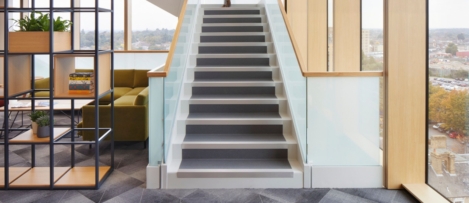
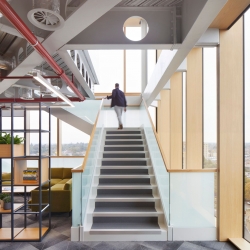
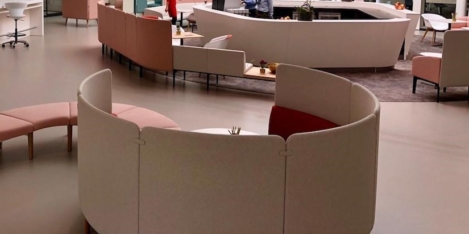
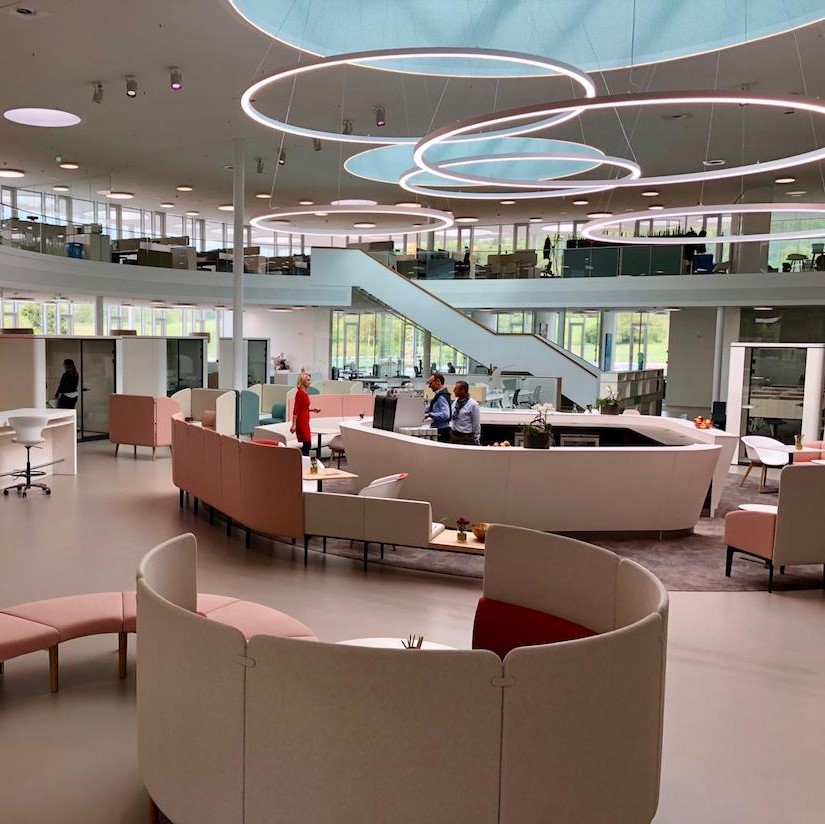







 A significant majority (85 percent) of employees feel like they are just a cog in the machinery of their organisation and 43 percent have no idea how their performance contributes to business success, according to a new survey of employee experience and expectations. According to the
A significant majority (85 percent) of employees feel like they are just a cog in the machinery of their organisation and 43 percent have no idea how their performance contributes to business success, according to a new survey of employee experience and expectations. According to the 
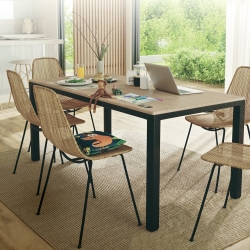

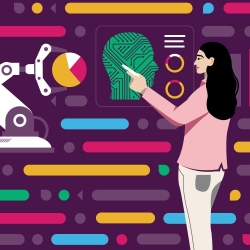











June 8, 2023
What are the main issues that stop people embracing change?
by Jennifer Bryan • Comment, JB, Workplace